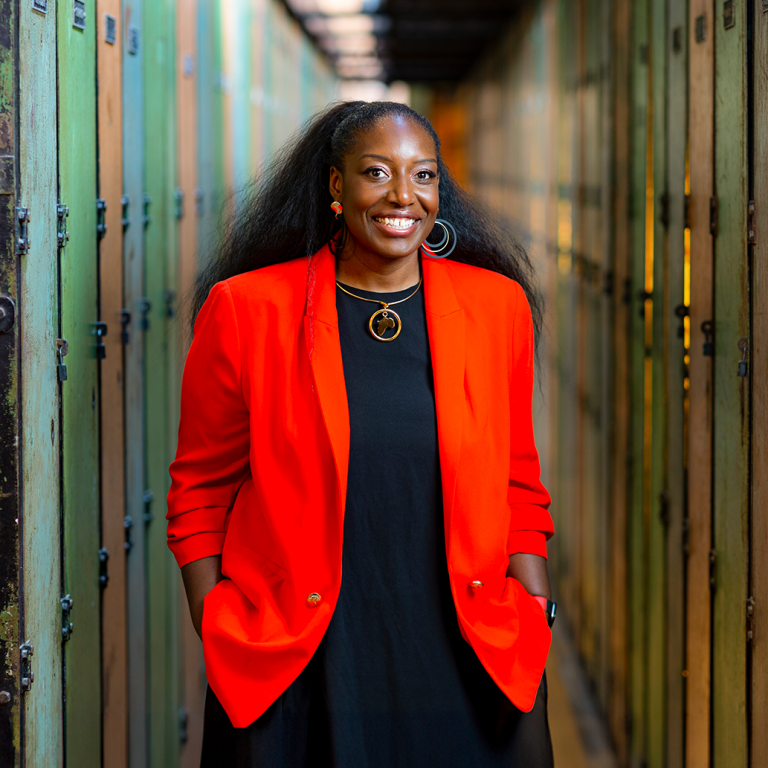BREAKING DOWN PREJUDICES AND STEREOTYPING AND LEADING BY EXAMPLE

BREAKING DOWN PREJUDICES AND STEREOTYPING AND LEADING BY EXAMPLE
Develop and lead the global human resources strategy to align with the company’s vision, goals, and long-term objectives Provide strategic guidance to executive leadership on
Temporary HR Officer, 6–9 months, hybrid working on site 2 days per week in York Temporary role 6–9 months Working as part of a professional,